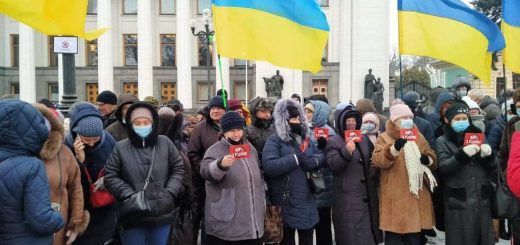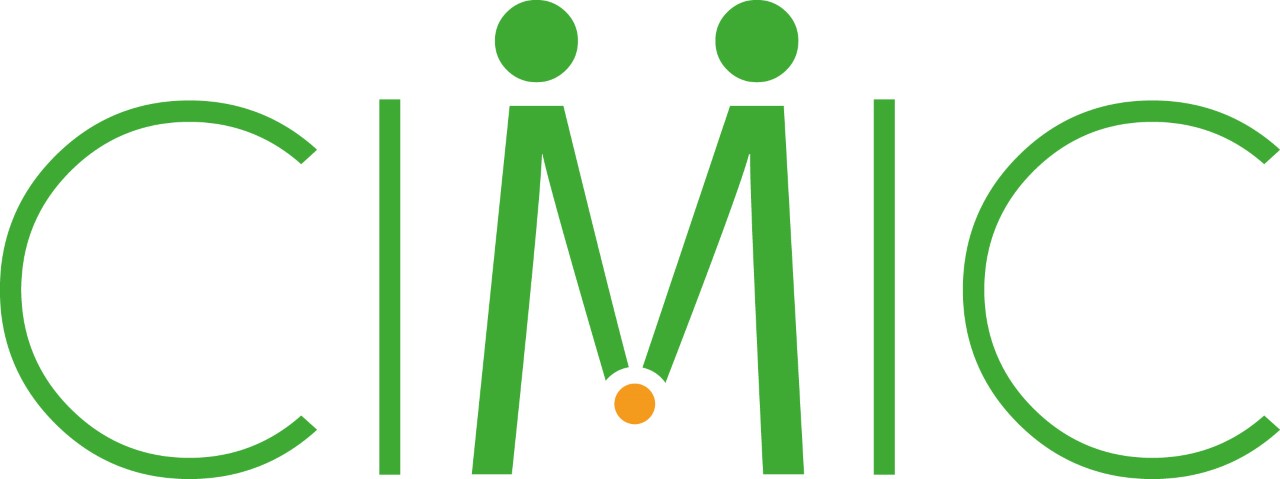How the UAE’s mafia-style tactics are hurting both Sudans
De Verenigde Arabische Emiraten (VAE) hebben overeenkomsten gesloten met Soedan en Zuid-Soedan, waardoor de twee landen economisch en politiek in een wurggreep worden gehouden, terwijl de VAE anderzijds ook openlijk steun verleent aan de Rapid Support Forces (RSF), die in Soedan verantwoordelijk wordt gehouden voor grootschalige oorlogsmisdaden en mensenrechtenschendingen.
In een rapport van het deskundigenpanel van de Verenigde Naties over Darfur, onder resolutie 1591 van de VN-Veiligheidsraad, werd de VAE beschuldigd van steun aan de RSF. Het rapport documenteerde dat de VAE de luchthaven Um Jaras (Amdjarass) van Tsjaad heeft omgevormd tot een militair en logistiek bevoorradingscentrum voor wapenleveringen aan de RSF.
The report presented ample evidence of the UAE’s violation of the resolution’s arms embargo on Darfur. The UAE’s support for the RSF in Sudan’s war included using its political, economic and media influence to promote the militia and its leaders, as well as providing them with political sanctuary, a safe haven for their leaders and facilitating their movement across the region.
During the 2023 UN General Assembly, witnesses reported seeing Yousif Izzat, a Canadian national and advisor to the militia leader General Mohamed Hamdan ‘Hemeti’ Dagalo. The UAE provided Izzat with an identification badge to freely enter and move within the UN headquarters.
However, the UAE’s support steadily evolved into an attempt to economically strangle Sudan to ensure RSF’s future institutional political existence in the Sudanese arena. This reveals the UAE’s intentions in plundering Sudanese resources in a mafia-like way. The UAE, which de facto controls Sudan’s gold resources, also seeks to deprive Sudan of its other national income resources.

UAE makes 12-billion-dollar deal with South Sudan
A newly leaked document revealed that in December 2023 the UAE entered into an agreement to be executed within 90 days with the Republic of South Sudan for a loan amounting to 12 billion dollar.
The agreement was signed through a company owned by a member of the Emirati royal family (HBK DOP), Hamad bin Khalifa Al Nahyan, who previously attempted to acquire an Israeli football club (Beitar Jerusalem FC).
Al Nahyan was thwarted by the league’s management after suspicions about the sources of his wealth and investments. The Israeli Football Association (IFA) stopped the deal after Hamad failed to issue the required documents, including a certificate of integrity.
It also found a ‘significant gap’ between Al Nahyan’s declared capital and what he owns. An investigation by The Times of Israel revealed that of the 1.6-billion-dollar alleged fortune of Al Nahyan, 1.5 billion dollar consists of non-tradable Venezuelan government bonds, which are worthless due to the country’s severe economic crisis.
This suggests that Al Nahyan is acting as an intermediate party in a transaction worth several folds more than the total value of his fortune and the combined value of his investments.
The agreement further stipulates that the loan is to be repaid over 20 years from the receipt of payments, divided into three stages – 5.3 billion, 3 billion and 3.7 billion dollar.

The terms of the agreement note that the loan is to be repaid by shipments of South Sudanese oil, which has been priced at 10 dollar per barrel less than its market value.
In the event of a decrease in oil prices, the difference is to be compensated with additional oil shipments. The agreement mandates the delivery of oil shipments one month prior to the payments for each loan stage.
The deal also directs the deposit of the loan into a UAE bank account, allocating 70 percent of its value (approximately 8.4 billion dollar) to infrastructure facilities, with South Sudan receiving 30 percent of the loan’s value.
The agreement grants the lending company the right to redirect the offer letter to any other party without obtaining the borrower’s (the state of South Sudan) consent.
Many of the terms of this agreement are unfair to South Sudan. However, no one can blame South Sudan’s state for how it manages its economic affairs, especially after the RSF caused the destruction of the Eastern Petroleum Transport Line in Sudan (which cost about 1.5 billion dollar to construct). South Sudan lost approximately 60 percent of its national income.

Stoking the war in Sudan
The agreement takes no account of the war in Sudan, while the UAE spares no effort in supporting the RSF to continue their war to control the country. Around 70 percent of the loan’s value is directed to infrastructure facilities, which would finance the construction of a new line to transport South Sudan’s oil through Kenya.
This will result in Sudan losing revenue from the transit fees for South Sudan’s oil, which amount to 1.5 million dollar daily (roughly 1.5 billion dollar annually), as well as the closure of the Kosti (Umdabaker) power station, which solely runs on fuel from South Sudan and generates 350MW, accounting for 45 percent of Sudan’s thermal electricity generation.
This loss includes the shutdown of Unit 2 of the Khartoum refinery, which produces 40 percent of Sudan’s need for petroleum products by refining South Sudan’s oil, valued at 3 million dollar daily (around 1.86 billion dollar annually).
The UAE is seeking to economically strangle Sudan in a long-term strategy to increase the chances and prospects of its agent, Hemeti, for political survival.
Of course, the prospects of this new economic cooperation are not separate from the UAE’s attempts to persuade neighbouring countries to change their positions and soften them towards its proxy militia, the RSF.
In June last year through the Abu Dhabi Fund for Development, the Emirati loaned 1,5 billion dollar to Chad and agreed to military cooperation.
The UAE is fuelling the war in Sudan and linking its cessation to political efforts to preserve the institutional presence of the RSF militia has surpassed the direct destruction of the country, and the displacement and humiliation of its people both inside and outside its borders.
The Emirates must be stopped at the boundaries. The UAE must end this economic extortion operation in the regions of the Sahel, the Great Lakes and the Horn of Africa.
By Amgad Fareid Eltayeb
Amgad Fareid Eltayeb is a Sudanese politician, previously served as assistant chief of staff to Prime Minister Abdalla Hamdok and as political advisor to the UN special political mission in Sudan (UNITAMS). He is currently the CEO of Fikra for Studies and Development, a non-partisan political think tank based in Khartoum.
Dit opiniestuk door Amgad Fareid Eltayeb verscheen op 1 mei 2024 op de website van The Africa Report: https://www.theafricareport.com/346345/opinion-how-the-uaes-mafia-style-tactics-are-hurting-both-sudans/
Full Text: UN Panel of Experts Report on Sudan – Plus: Updates on political and military developments https://sudanwarmonitor.com/p/full-text-un-panel-of-experts-report
South Sudan’s oil sector needs to become more transparent https://www.theafricareport.com/173361/south-sudans-oil-sector-needs-to-become-more-transparent/
Lees verder (inhoud juni 2024)




